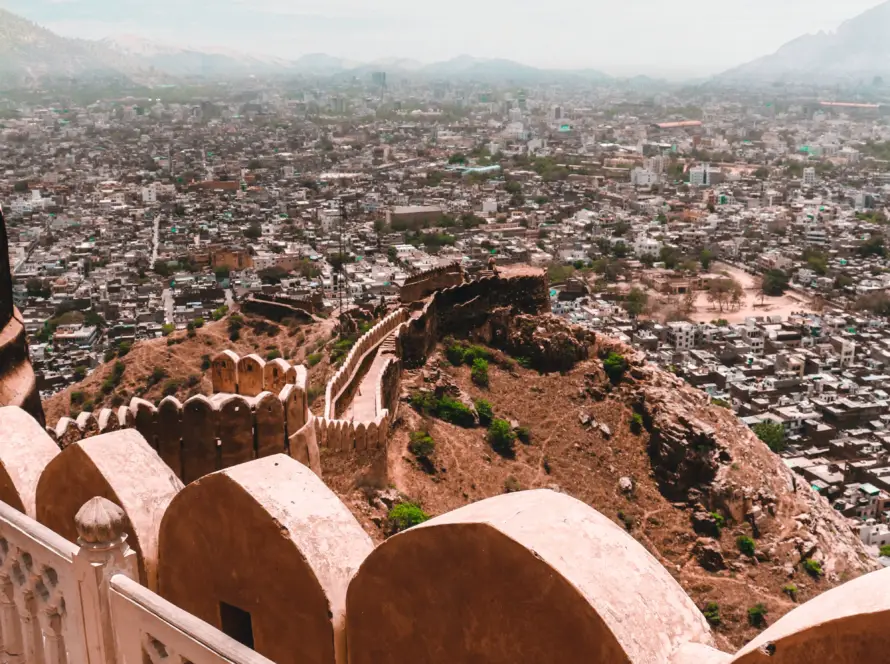Generated by Contentify AI
In the diverse tapestry of beliefs and customs that characterizes India, a harmonious coexistence of religions has long been a defining feature. With a rich history spanning millennia, India has been a fertile ground for the interplay of various spiritual traditions. Hinduism, Buddhism, Jainism, Sikhism, Islam, and Christianity, among others, have thrived side by side, shaping the cultural and social fabric of the country. This unique coexistence has resulted in a vibrant tapestry of rituals, festivals, and practices that reflect the pluralistic ethos of Indian society.
At the heart of this harmonious coexistence lies a deep-rooted respect for diversity and tolerance. Throughout history, India has been a melting pot of different faiths, where followers of various religions have found a space to practice their beliefs freely. This acceptance of religious diversity has not only fostered peaceful coexistence but has also contributed to a sense of unity amidst differences. The shared values of compassion, empathy, and understanding have transcended religious boundaries, creating a sense of oneness that transcends individual faiths.
Moreover, the intermingling of beliefs has led to a syncretic culture where traditions blur and overlap, enriching each other in the process. Festivals like Diwali, Eid, Christmas, and Guru Nanak Jayanti are celebrated with equal fervor across the country, with people from different faiths coming together to partake in each other’s joy. This cultural exchange has not only deepened the bonds between communities but has also fostered a spirit of mutual respect and cooperation. In a rapidly changing world, the harmonious coexistence of religions in India serves as a shining example of how unity can flourish amidst diversity, weaving a colorful tapestry of shared traditions and values.



